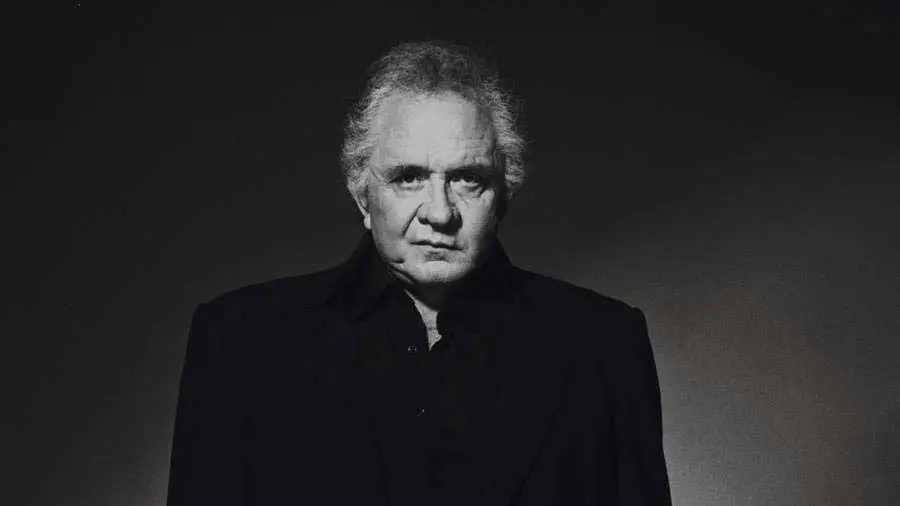The best business advice can destroy your business. Especially when you follow it perfectly.
Just ask Johnny Cash.
After bursting onto the scene in the mid-1950s with “Folsom Prison Blues”, Cash enjoyed twenty years of tremendous success. By the 1970s, his authentic, minimalist approach had fallen out of favor.
Eager to sell records, he pivoted to songs backed by lush string arrangements, then to “country pop” to attract mainstream audiences and feed the relentless appetite of 900 radio stations programming country pop full-time.
By late 1992, Johnny Cash’s career was roadkill. Country radio had stopped playing his records, and Columbia Records, his home for 25 years, had shown him the door. At 60, he was marooned in faded casinos, playing to crowds preferring slot machines to songs.
Then he took the stage at Madison Square Garden for Bob Dylan’s 30th anniversary concert.
In the audience sat Rick Rubin, co-founder of Def Jam Recordings and uber producer behind Public Enemy, Run-DMC, and Slayer, amongst others. He watched in awe as Cash performed, seeing not a relic but raw power diluted by smart decisions.
The Stare-Down that Saved a Career
Four months later, Rubin attended Cash’s concert at The Rhythm Café in Santa Anna, California. According to Cash’s son, “When they sat down at the table, they said: ‘Hello.’ But then my dad and Rick just sat there and stared at each other for about two minutes without saying anything, as if they were sizing each other up.”
Eventually, Cash broke the silence, “What’re you gonna do with me that nobody else has done to sell records for me?”
What happened next resurrected his career.
Rubin didn’t promise record sales. He promised something more valuable: creative control and a return to Cash’s roots.
Ten years later, Cash had a Grammy, his first gold record in thirty years, and CMA Single of the Year for his cover of Nine Inch Nails’ “Hurt,” and millions in record sales.
When Smart Decisions Become Fatal
Executives do exactly what Cash did. You respond to market signals. You pivot your offering when customer preferences shift and invest in emerging technologies.
All logical. All defensible to your board. All potentially fatal.
Because you risk losing what made you unique and valuable. Just as Cash lost his minimalist authenticity and became a casualty of his effort to stay relevant, your business risks losing sight of its purpose and unique value proposition.
Three Beliefs at the Core of a Comeback
So how do you avoid Cash’s initial mistake while replicating his comeback? The difference lies in three beliefs that determine whether you’ll have the creative courage to double down on what makes you valuable instead of diluting it.
- Creative confidence: The belief we can think and act creatively in this moment.
- Perceived value of creativity: Our perceived value of thinking and acting in new ways.
- Creative risk-taking: The willingness to take the risks necessary for active change.
Cash wanted to sell records, and he:
- Believed that he was capable of creativity and change.
- Saw the financial and reputational value of change
- Was willing to partner with a producer who refused to guarantee record sales but promised creative control and a return to his roots.
Your Answers Determine Your Outcome
Like Cash, what you, your team, and your organization believe determines how you respond to change:
- Do I/we believe we can creatively solve this specific challenge we’re facing right now?
- Is finding a genuinely new approach to this situation worth the effort versus sticking with proven methods?
- Am I/we willing to accept the risks of pursuing a creative solution to our current challenge?”
Where there are “no’s,” there is resistance, even refusal, to change. Acknowledge it. Address it. Do the hard work of turning the No into a Yes because it’s the only way change will happen.
The Comeback Question
Cash proved that authentic change—not frantic pivoting—resurrects careers and disrupts industries. His partnership with Rubin succeeded because he answered “yes” to all three creative beliefs when it mattered most. Where are your “no’s” blocking your comeback?

Thank you for the great example, Robyn. I see this all the time with founders. The conventional wisdom pushes them to do things that are honestly not in the best interest of the founder’s original vision. But they’re current best practices!! What can we do to change the lemming behavior we subject founders to?
Thank YOU for the excellent question! My view is that it all comes down to how our human brains are wired. There’s safety in numbers (best practices!), so we feel that it’s better to be wrong in a group than all alone and right. This makes sense when you’re a hunter/gatherer and facing off against a pride of lions, but is less necessary when running a company (though VCs, shareholders, and other investors can feel surprisingly similar to a pride of hungry lions)